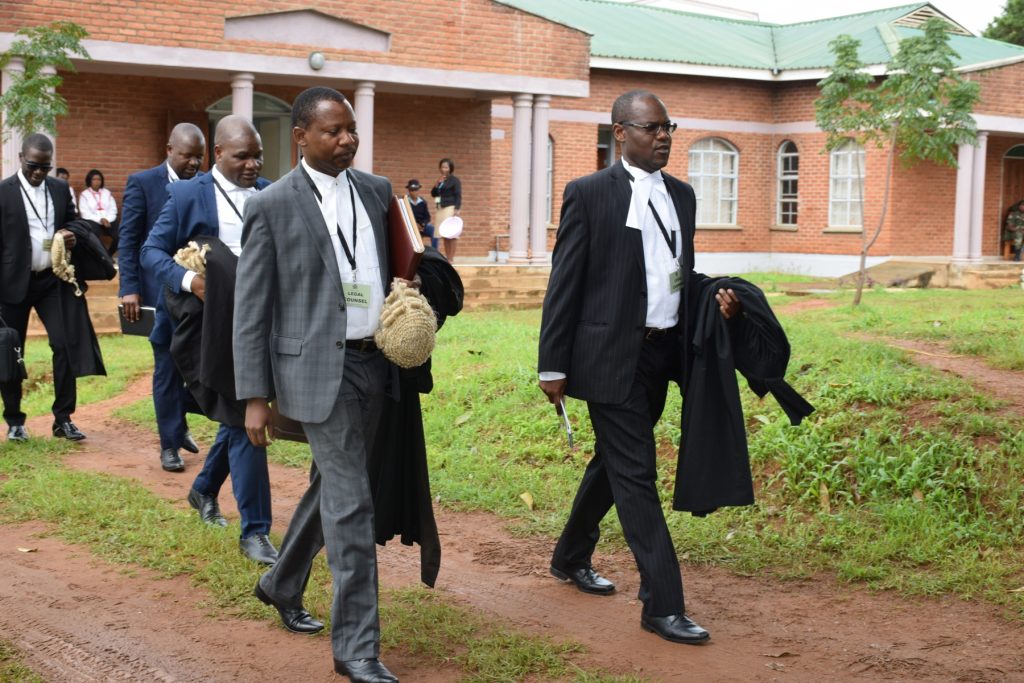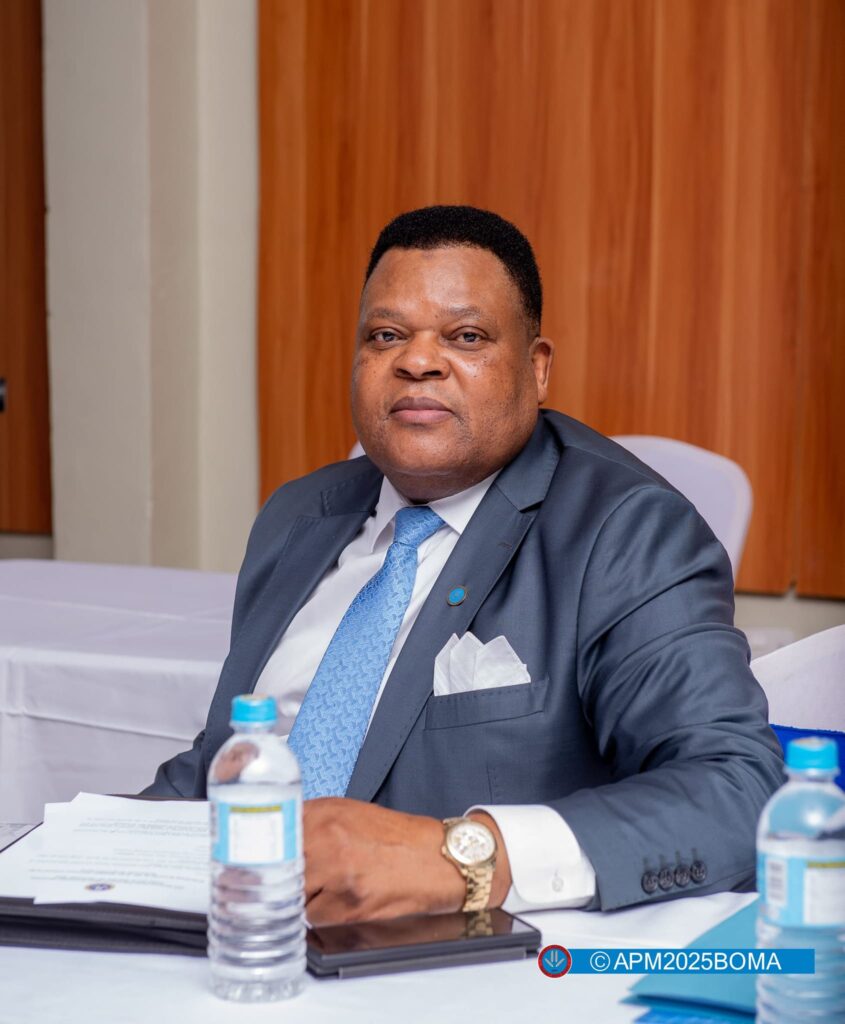By Levy Taipi Luwemba

The planned age limit bill in Malawi, which seeks to enact a ceiling of 80 years for persons
running for the presidency, has sparked intense debate across the nation. Campaigners for the bill
argue that the legislation is designed to promote “youthful leadership” and usher in a new era of
governance. Nonetheless, this narrowly targeted piece of legislation has raised significant
concerns, particularly about the potential for age-based discrimination against older citizens,
many of whom remain highly proficient and active in public service.
The current proposal to amend the Constitution to limit presidential candidates to those under 79
years of age has drawn sharp criticism. Proponents contend that the bill is crucial to avert older
leaders from staying in power for prolonged periods and to encourage younger, more dynamic
leadership. However, the bill fails to recognize an important truth: age alone is not a sufficient
yardstick of one’s capability to lead.
The Dangers of Age Discrimination
By setting an arbitrary age ceiling for presidential contestants, the bill risks overlooking the
wealth of experience and capability that senior citizens bring to the table. Experience gained over
decades in law, business, education, and international relations is invaluable. Dismissing such individuals from leadership roles based on age alone not only disregards their contributions but also sends a harmful message about the value of the elderly in society.

As Samuel Tembenu SC (2024) argued, “A constitutional amendment of this great magnitude
has to be a government bill brought to the house after a thorough consultation.” This highlights
the need for a more thoughtful and comprehensive approach to any suggested changes to the
Constitution. A blanket age limit risks undermining the dignity and contributions of older
citizens, painting them as incapable of leading simply because of their age. Moreover, a
constitutional modification that excludes an entire age group based on age stereotypes sends a
damaging message that age is synonymous with incapacity. This is not just an insult to older
citizens but a form of societal exclusion. In a modern, democratic society, the emphasis should
be on an individual’s vision, competence, and leadership experience, not the number of years
they have lived.
A Flawed Motivation

Another concern surrounding the bill is the suspicion that it may be politically motivated. Many
observers argue that the proposal is intended precisely to prevent former President Prof. Arthur
Peter Mutharika from contesting in the forthcoming 16 September elections. This raises a key
question: is the bill truly about creating a better future for Malawi, or is it more about political
purging?

Patrick Mpaka, President of the Malawi Law Society, noted, “Unless there are national grounds,
parliament just invariably limits their role to enacting rather than initiating laws” (2024). This
sentiment calls attention to the fact that political motivations should never be the driving force behind legislative amendments, especially when they concern the fundamental aspects of
democracy.
If the bill is aimed solely at excluding one individual or group, it undermines the very principles
of fairness and equality that democracy should be based on. To amend the Constitution for such
a purpose would set a dangerous precedent, making it more likely that future laws could be
shaped by political bias rather than the needs and interests of the public.

Further, retired Supreme Court Justice Dustain Mwaungulu passionately argued, “The age limit
bill, if it passes as law, is absolutely unconstitutional, and if passed by the legislature, the Executive Branch, the Electoral Commission, and the judiciary should blatantly refuse to enforce
it.” This strongly asserts the position that such a bill would undermine the Constitution and its
values. Mwaungulu further appealed to the Attorney General and the Minister of Justice and
Constitutional Affairs, urging them to uphold the Constitution and avoid aiding the passing of
bills that contradict its core principles. This strengthens the argument that this bill, if enacted,
would be a direct violation of constitutional rights and democratic norms.
The Need for Fair Criteria
Instead of imposing a blanket age limit, a better solution in that regard would be to establish
clear, fair, and robust benchmarks for appraising presidential candidates. These criteria should
focus on factors such as leadership experience, political integrity, vision for the country, and
public support, rather than on an illogical age cut-off. This approach would allow for a wider
pool of candidates, ensuring that individuals who possess the knowledge, experience, and
passion necessary to lead the country politically purged based on their age.
The introduction of the bill also risks alienating an entire generation of citizens who may still
have much to offer the country. Senior citizens are often perceived as fountains of wisdom,
history, and knowledge. In fact, their life experiences can provide invaluable perspectives on
how to navigate complex national and international challenges. Therefore, instead of creating
arbitrary age barricades, the government should work towards developing a more inclusive
political environment, where people of all ages can contribute meaningfully to national discourse.
A Call for Inclusivity

John Gift Mwankhwawa (2024) expressed a strong protestation to such targeted legislation,
asserting, “We should not allow parliament to pass legislation that targets individuals as would
be the case in this scenario.” This view underscores the importance of creating laws that serve
the greater good, not personal or political agendas. Legislation should not be used as a tool for
political segregation but as a mechanism for ensuring the equitable participation of all citizens in
public life, regardless of their age.
The elderly in Malawi, like anywhere else, form an integral part of the nation’s history, culture,
and values. Rather than being viewed as obstacles to progress, they should be seen as spirited
contributors to society’s continued development. Eliminating older individuals from political office on the basis of age only propagates harmful stereotypes and diminishes the richness that
intergenerational cooperation can bring.

Peter Mukhito, the Secretary General of the Democratic Progressive Party (DPP), emphasized
the potential harm of such actions by stating, “The age limit bill not only threatens political
freedom but also risks creating an undemocratic political environment that excludes capable
leaders based on arbitrary criteria” (Mukhito, 2025).
His words give emphasis to the serious
implications this bill could have on Malawi’s democratic system, where political participation
should remain inclusive and accessible to all citizens, regardless of age or political affiliation.
It is therefore imperative to note that the proposed age limit bill, if passed in its current form,
risks entrenching age discrimination in Malawi’s political system. It sends a message that age,
rather than capability, should determine one’s ability to lead, which undermines the rights and
dignity of older citizens. For the country to truly live up to its democratic ideals, it must reject
age-based restrictions and instead focus on creating systems that value the experience, integrity, and potential of every citizen, regardless of age.
By ensuring that all citizens, young and old, have the opportunity to contribute to the nation’s
leadership, Malawi will set a stronger foundation for a more inclusive, diverse, and fair
democracy.
Levy Taipi Luwemba is a Passionate Political and Civil Rights Advocate Currently Pursuing a
Master’s Degree in Entrepreneurship at the University of Malawi E-campus.

